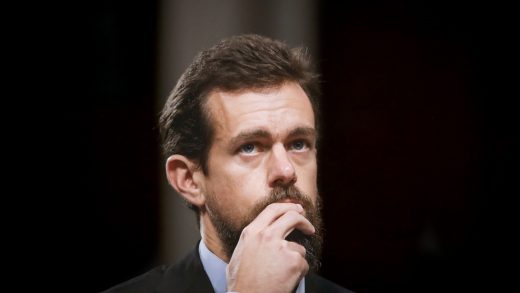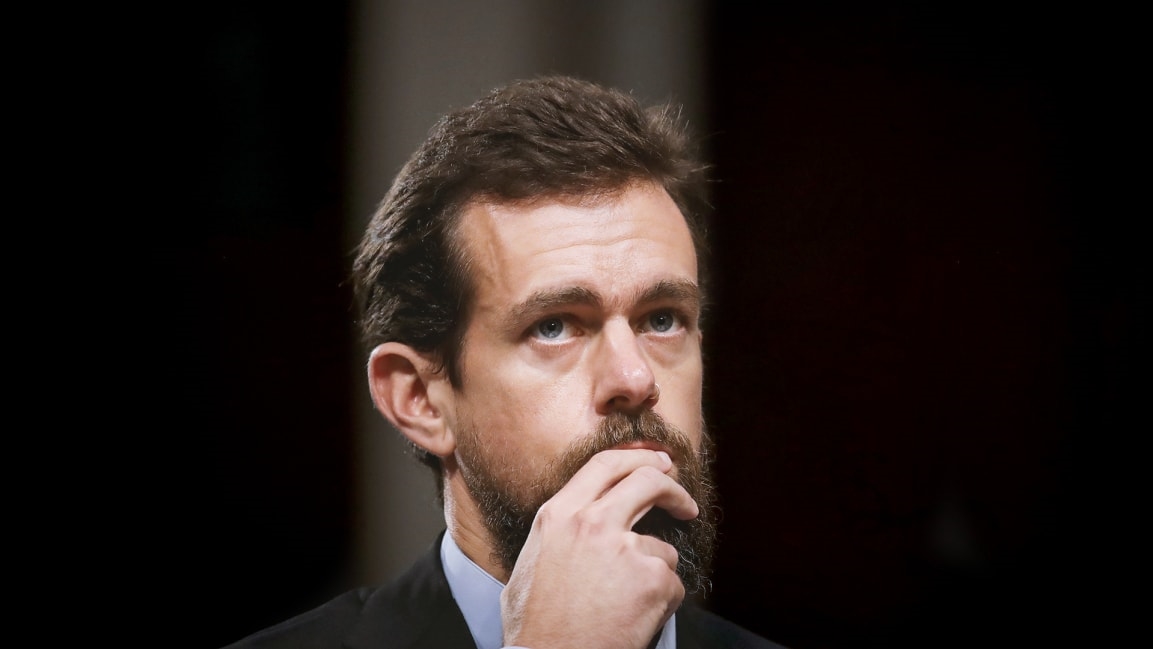Twitter’s toxic misogyny just helped knock 11% off its stock value
Twitter’s stock price fell 11% to close at $29.29 Thursday after an investor note declared the company “toxic” and called it “the Harvey Weinstein of social media.” The note came in the wake of a recent Amnesty International report condemning harassment on the site.
The investment firm, Citron Research, is led by Andrew Left, who had announced in March that he had a short position in Twitter’s stock, CNBC reports. It’s not mentioned in the report if he still has that position.
“Citron has been following Twitter for years and when we read the just published piece from Amnesty International, we immediately knew the stock had become uninvestable and advertisers will soon be forced to take a hard look at all sponsorships with Twitter,” according to the report, which sets a price target of $20 for Twitter stock.
Based on Amnesty International’s estimates, a group of 778 women politicians and journalists in the U.S. and U.K. received “abusive or problematic tweets” once every 30 seconds on average during 2017. Women of color, especially black women, received more such tweets than white women, according to the study.
Citron contends that brands won’t want to advertise on a site known for harassment, but predicts that efforts to regulate speech on the site would drive users away.
“Ask anyone from Laura Ingraham to Kevin Hart to Tucker Carlson about how enthusiastic advertisers are about associating with anything that hints of intolerance,” says the Citron report.
At the time the Amnesty report came out, Twitter’s trust and safety lead, Vijaya Gadde, said the company is committed to improving discourse on the site.
“Twitter has publicly committed to improving the collective health, openness, and civility of public conversation on our service,” she wrote in a public response to Amnesty International. “Twitter’s health is measured by how we help encourage more healthy debate, conversations, and critical thinking.”
Gadde also questioned how the study defined “problematic” material.
“With regard to your forthcoming report, I would note that the concept of ‘problematic’ content for the purposes of classifying content is one that warrants further discussion,” she wrote. “It is unclear how you have defined or categorized such content, or if you are suggesting it should be removed from Twitter. We work hard to build globally enforceable rules and have begun consulting the public as part of the process — a new approach within the industry…”
Twitter didn’t immediately respond to an inquiry from Fast Company. CNBC reported that the company referred back to Gadde’s statement in response to an inquiry on the Citron report.
(30)



